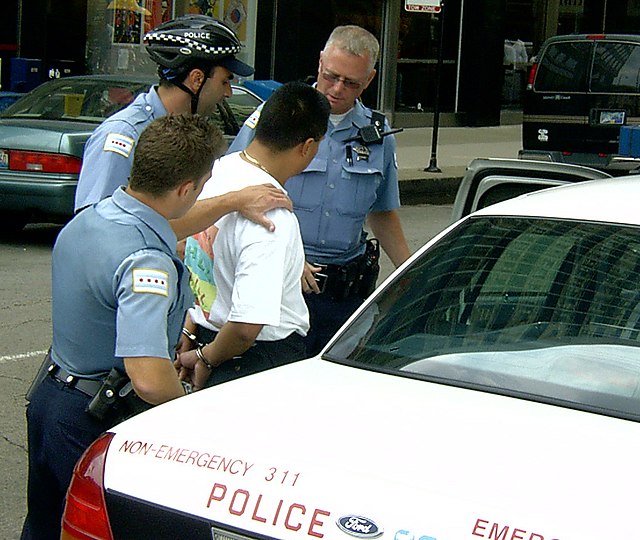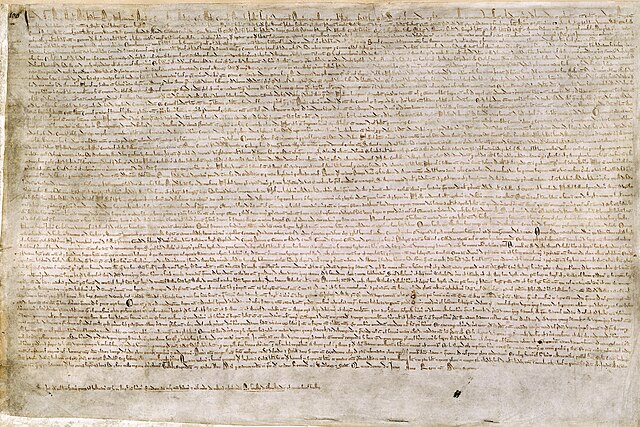Patient rights consist of enforceable duties that healthcare professionals and healthcare business persons owe to patients to provide them with certain services or benefits. When such services or benefits become rights instead of simply privileges, then a patient can expect to receive them and can expect the support of people who enforce organization policies or legal codes to intervene on the patient's behalf if the patient does not receive them. A patient's bill of rights is a list of guarantees for those receiving medical care. It may take the form of a law or a non-binding declaration. Typically a patient's bill of rights guarantees patients information, fair treatment, and autonomy over medical decisions, among other rights.
A rally for the patients' bill of rights proposed in 2001, with Bill Clinton, Joe Hoeffel, Ron Klink, Ed Rendell, and Chaka Fattah
Rights are legal, social, or ethical principles of freedom or entitlement; that is, rights are the fundamental normative rules about what is allowed of people or owed to people according to some legal system, social convention, or ethical theory. Rights are of essential importance in such disciplines as law and ethics, especially theories of justice and deontology.
According to some views, certain rights derive from deities or nature.
Do groups have rights? Some argue that when soldiers bond in combat, the group becomes like an organism in itself and has rights which trump the rights of any individual soldier.
Police officers in the United States are required to read the Miranda warning between making an arrest and beginning an interrogation. The warning informs the person arrested that they have rights included in the Fifth Amendment. Failure to "read Miranda" disqualifies evidence obtained primarily in the questioning.
Magna Carta or "The Great Charter" was one of England's first documents containing commitments by a king to his people to respect certain legal rights. It reduced the power of the monarch.





